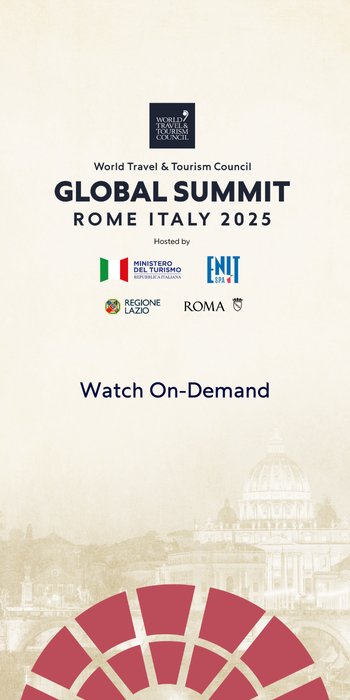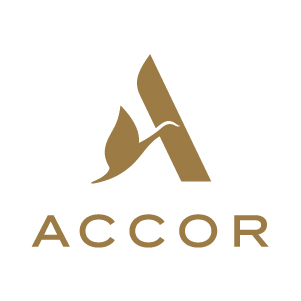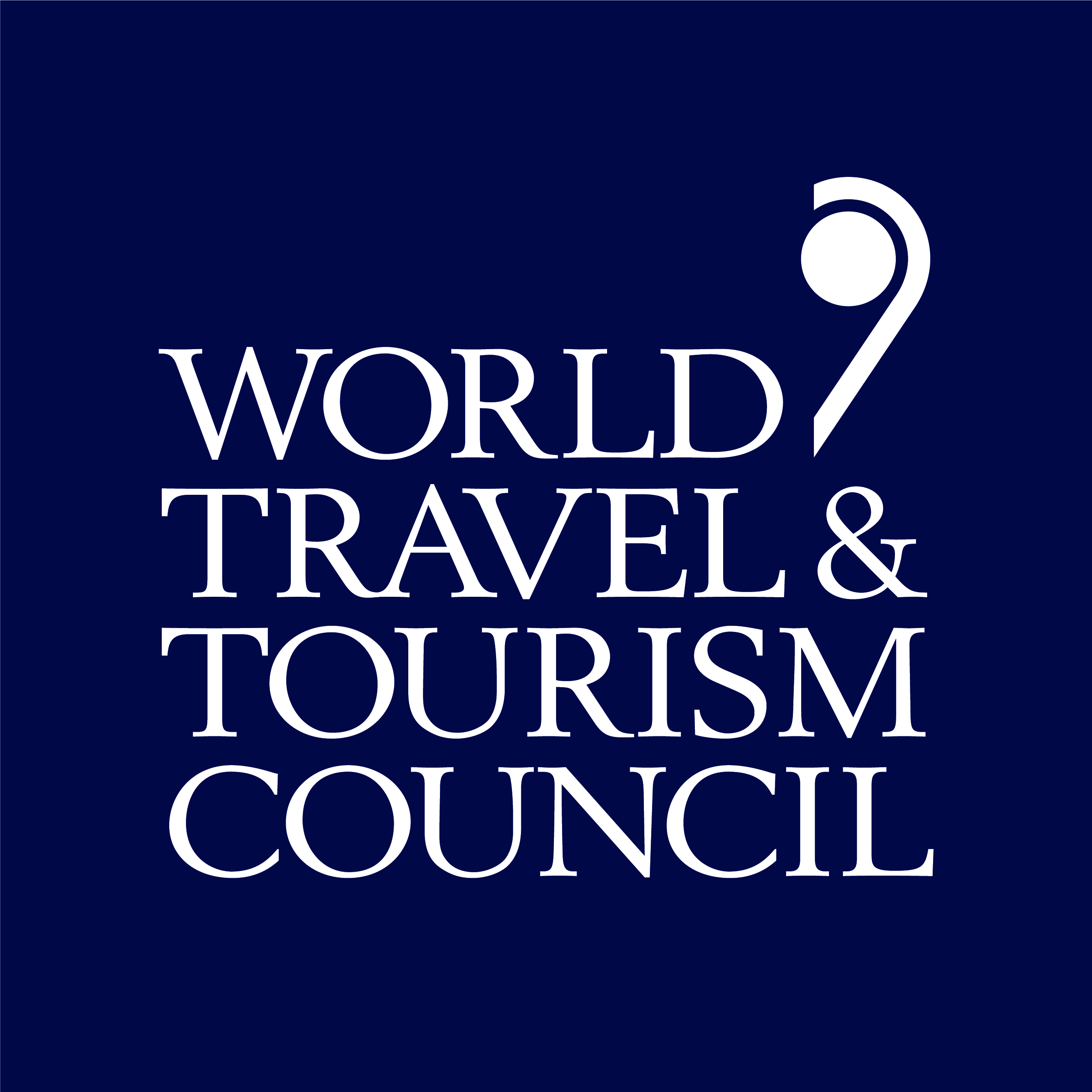Brazil's Travel & Tourism sector shows strong recovery and future growth

Brazil's Travel & Tourism sector is demonstrating a strong recovery and significant growth potential, with its contribution to the nation's GDP and employment on an upward trajectory, according to a 2025 annual report by the World Travel & Tourism Council (WTTC). From the Amazon to Rio’s iconic beaches, Brazil's diverse natural and cultural assets are driving a new wave of opportunities, especially as global travellers seek more sustainable, experience-driven destinations. The report highlights key data points on economic impact, visitor spending, and the sector's environmental and social footprint.
Sign in to access actionable insights
Brazil's Travel & Tourism sector is demonstrating a strong recovery and significant growth potential, with its contribution to the nation's GDP and employment on an upward trajectory, according to a 2025 annual report by the World Travel & Tourism Council (WTTC). From the Amazon to Rio’s iconic beaches, Brazil's diverse natural and cultural assets are driving a new wave of opportunities, especially as global travellers seek more sustainable, experience-driven destinations. The report highlights key data points on economic impact, visitor spending, and the sector's environmental and social footprint.
Economic contribution on the rise
In 2019, the total contribution of Travel & Tourism to Brazil's GDP was 7.7%, amounting to BRL 812.5 billion (USD $150.7 billion). After a period of fluctuation, the sector is rebounding. Figures for 2024 indicated a GDP contribution of BRL 899.9 billion (USD $166.9 billion), representing 7.7% of the total economy. Forecasts for 2025 anticipate a further increase to BRL 903.4 billion (USD $167.6 billion), which is an 11.2% rise compared to 2019 figures. Looking ahead, the sector's GDP contribution is projected to reach BRL 1.1 trillion (USD $198.9 billion) by 2035.
From a global perspective, the total GDP contribution of Travel & Tourism was USD $10.3 trillion in 2019. This figure is expected to grow to USD $11.7 trillion in 2025 and is forecasted to reach USD $16.5 trillion by 2035.
Employment in tourism
The Travel & Tourism sector is a major employer in Brazil. In 2019, it provided 7.7 million jobs, accounting for 8.1% of total employment in the country. By 2024, the number of jobs in the sector increased to 8.1 million. This positive trend is expected to continue, with a forecast of 8.2 million jobs in 2025, representing 7.9% of total jobs. The long-term forecast for 2035 predicts that the sector will support 9.7 million jobs, with 1.5 million new jobs being supported between 2025 and 2035.
The social impact of the sector in 2023 was also notable, with women comprising 46.1% of the direct Travel & Tourism workforce. Additionally, young people aged 15-24 accounted for 15.4% of employment, and 31.7% of the jobs were classified as high wage.
Globally, the sector accounted for 337.7 million jobs in 2019 and is forecast to support 371.0 million jobs in 2025. By 2035, this is expected to grow to 461.6 million jobs, with 90.6 million new jobs created in the preceding decade.
Domestic visitors dominate
Domestic tourism is the cornerstone of Brazil's visitor economy. In 2024, domestic visitor spending accounted for a staggering 94.0% of total spending, with international visitor spending making up the remaining 6.0%. By 2035, domestic spending is expected to reach BRL 719.6 billion (USD $133.5 billion), and international spending is projected at BRL 54.5 billion (USD $10.1 billion). Leisure travel is the primary driver of spending, accounting for 89.9% in 2024, compared to 10.1% for business travel.
Opportunities for SMEs
Small and medium-sized enterprises (SMEs) are well-positioned to tap into this momentum. With travellers increasingly drawn to authentic, local experiences, SMEs can fill critical gaps in services from eco-lodges and culinary tours to transportation and digital booking tools. By leveraging tech, forming local partnerships, and focusing on quality service, SMEs can stand out in a crowded market and scale up as tourism flows rise. The key is agility: responding quickly to traveller trends while building long-term value for communities and ecosystems.
Brazil’s tourism boom isn’t just a national win. It’s a call to action for entrepreneurs ready to innovate and invest. With the right strategy, SMEs can move from surviving to thriving, becoming essential players in a more dynamic, inclusive travel economy. The future is wide open but only for those prepared to meet it head-on.

















